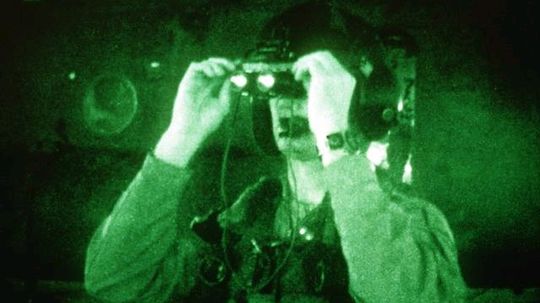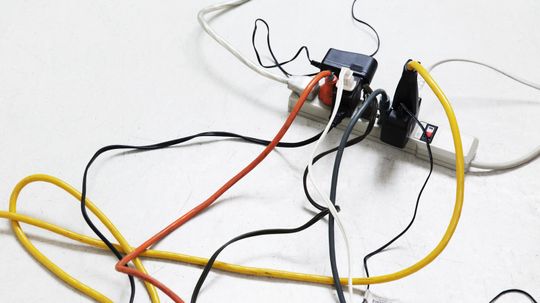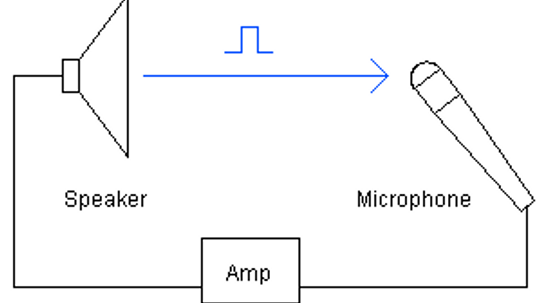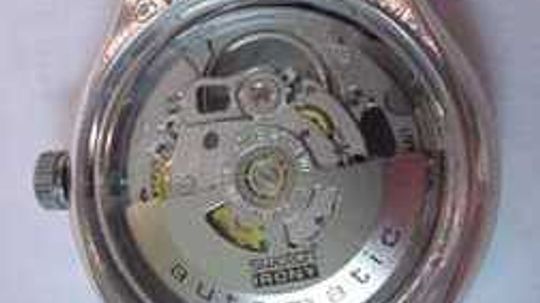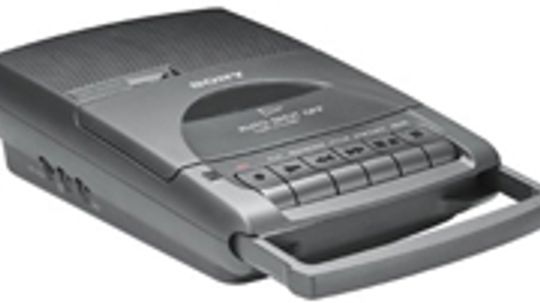Electronic Gadgets
"Gadget" is a catch-all word these days for nifty devices. We've covered the basics, such as clocks & watches, plus delved into the world of present-day and future high-tech gadgets, such as digital jewelry and restaurant pagers.
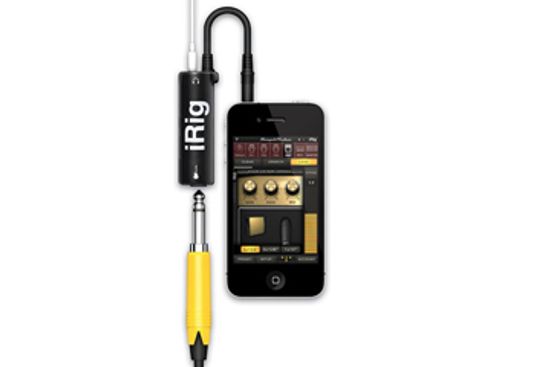
Can I turn my iPhone into a guitar amp?
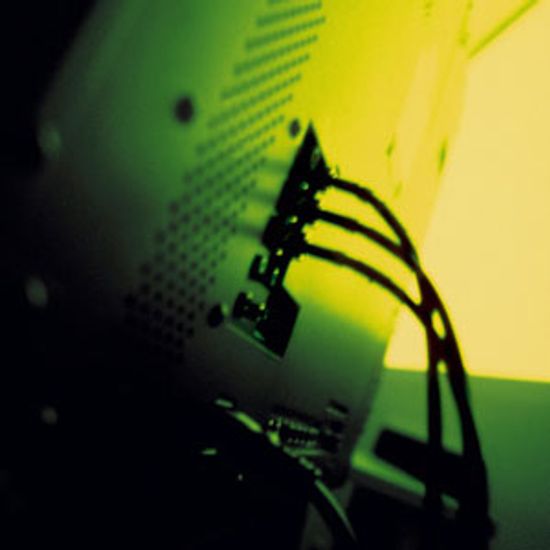
Are premium audio cables worth the investment?

Headphones vs. Earbuds: Which Are Better?
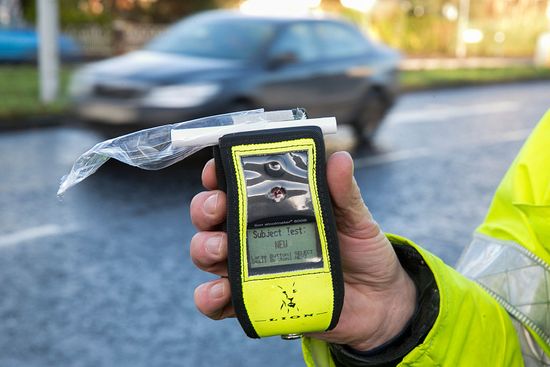
A Breathalyzer for Drugs? We're Not There Yet

Wearable Alcohol Sensor Could Text You if You're Too Drunk
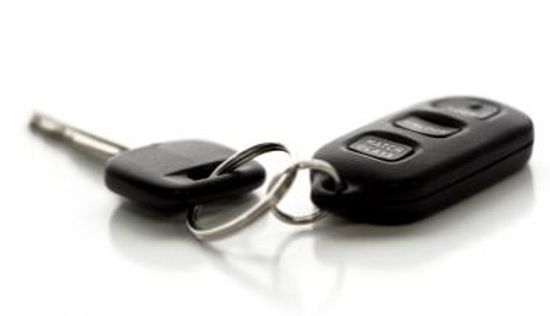
Can Other People Unlock My Car Door With Their Remote?

How Rolex Came to Rule the Wrist
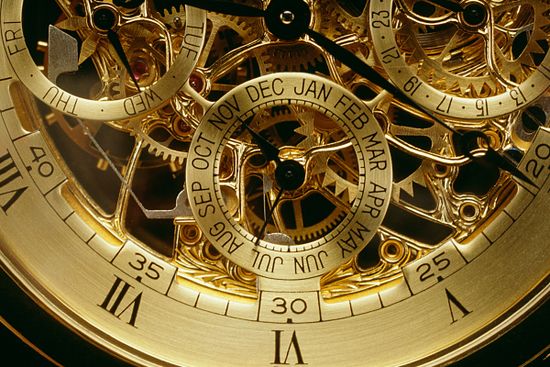
10 Ways Watches Have Evolved

Why don't we wear wristwatches anymore?
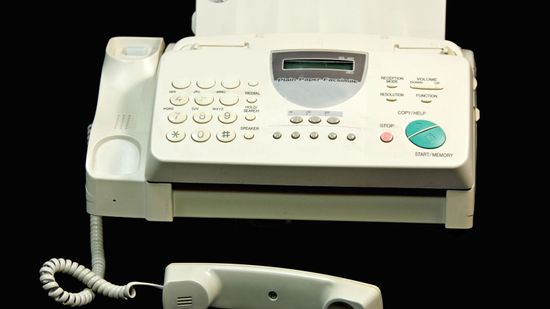
People Still Use Fax Machines, But, Um, Why?

When Was the Fax Machine Invented?

How Broadcast Fax Works

Running While Female: Safety Apps and Tech
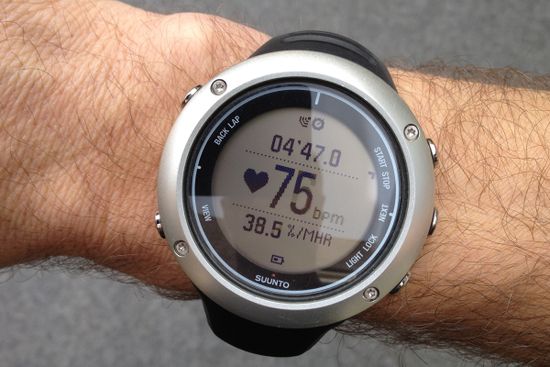
How can a bracelet track your heart rate?

How Athos Clothing Works

New MIT Headset Can 'Hear' Your Thoughts and Respond
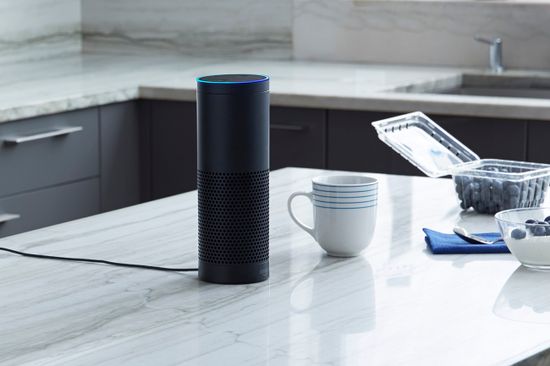
How Amazon Echo Works

14 Apple Products That Failed Miserably

The Uber-popular Aeron Chair Was First Made for Grandma

How Virtual Windows Work

How a Clothes Steamer Works

How Digital Shopping Lists Work

How Mug Warmers Work

How Rapid Drink Chillers Work

12 Exciting VR Applications Other Than Gaming
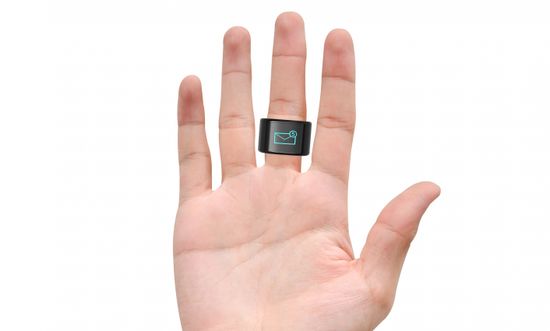
How Smart Rings Work

How could a laser pointer take down a plane?

How Satellite Phones Work

How Electronic Language Translators Work

How Apple Airport Express Works
Learn More / Page 8
Most of us instinctively think of darkness as a cloak, a way to hide. So, how can you see someone standing more than 200 yards away on a pitch-black night?
By Jeff Tyson
In the next wave of mobile computing devices, our jewelry might double as our cell phones, PDAs and GPS receivers. Get a look at these new microdevices.
By Kevin Bonsor
A wearable device that will translate English into a dozen languages will be introduced later this year. See how it will work!
By Kevin Bonsor
Advertisement
One piece of equipment you need at home is a surge protector. They safeguard your high-tech electronic devices from power surges. But how do you know which ones are best?
By Tom Harris & Talon Homer
Holographic environments make the virtual world truly tangible. Find out about the development of real-life, interactive "holodecks"!
By Kevin Bonsor
A roadside sobriety test of touching one's nose or walking a straight line cannot rule out a high blood alcohol concentration. That's why the Breathalyzer is such a game-changer. But how does a Breathalyzer work? Read on to find out!
Electronic ink promises to be an amazing, breakthrough technology that we will all be using in five years -- it will completely change books and newspapers. Learn all about it.
By Kevin Bonsor
Advertisement
Many radio-controlled clocks automatically sync their time with the atomic clock in Boulder, Colorado. How do they do it?
We all know it, and it always makes us cringe -- it's that terrible howling of a PA system. Everyone calls it feedback -- what's "feedback"?
Indiglo watches convert electricity directly into light through the very efficient process of electroluminescence. Find out how it works!
Microphones have been around in some form for more than 150 years. Modern mics incorporate fiber optics, microchips, and even lasers to suit a variety of audio needs.
By Mark Boyer & Talon Homer
Advertisement
Curious about how a self-winding watch works? Take a look at the mechanics inside a self-winding watch.
Nearly every item that you purchase from a grocery store, department store, or mass merchandiser has a UPC code on it somewhere. Ever wondered why? Let's find out how the average UPC code works!
Magnetic recording is the backbone of the electronics revolution. Learn how this analog technology lets you store and erase data!
Have you ever looked inside a grandfather clock or a small mechanical alarm clock? Pendulum clocks are fairly complicated, but they rely on simple forces. Find out how pendulum clocks keep accurate time.
Advertisement
When you need to know the time, there's about a 50-50 chance you'll turn to some LEDs to find out. Have you ever wondered what goes on inside a digital clock or watch?
Wind-up alarm clocks have been around a long time, but they are still fun to explore. See what's inside this classic ticker!
Quartz watches actually use quartz crystals to keep time. How can they be so accurate? Find out why quartz makes such a great time keeper.
